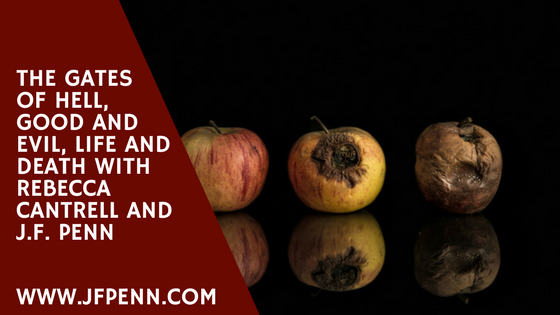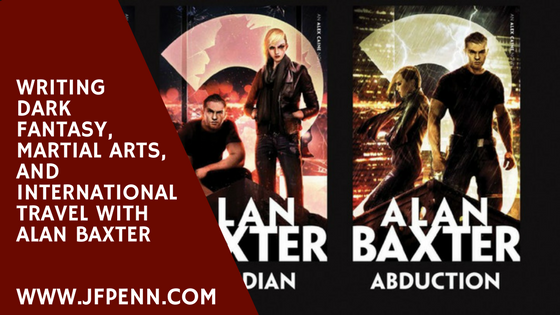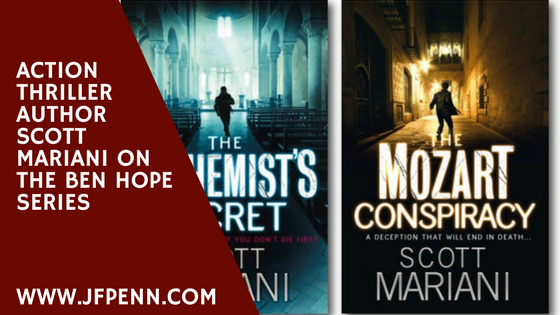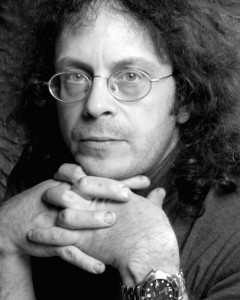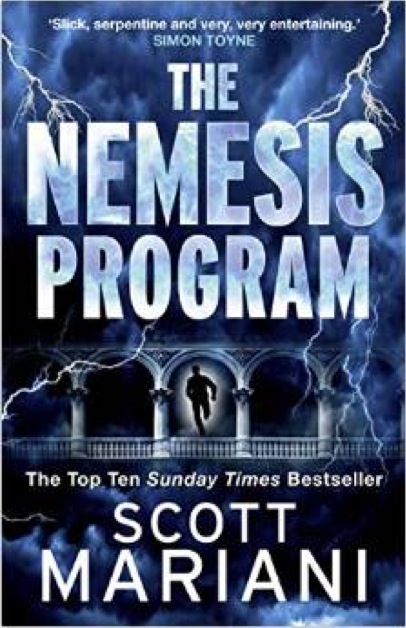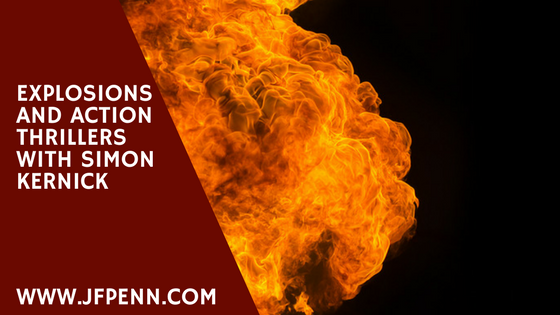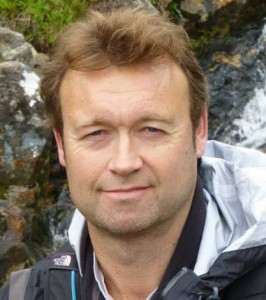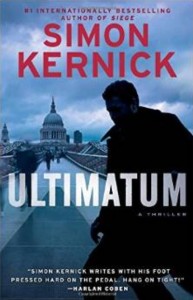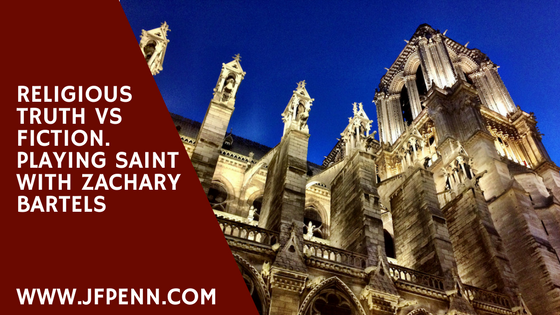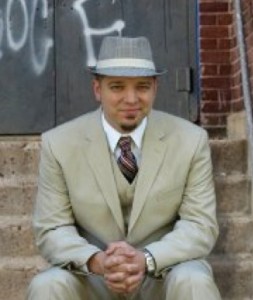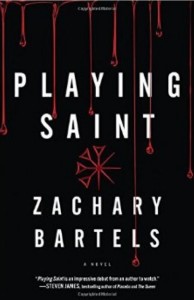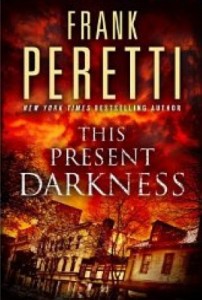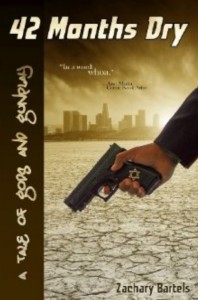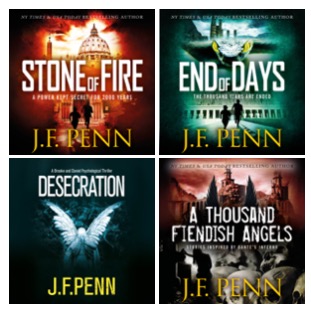It's always wonderful to meet authors who, like me, are fascinated with all things biblical/historical/conspiracy/thriller-ish!
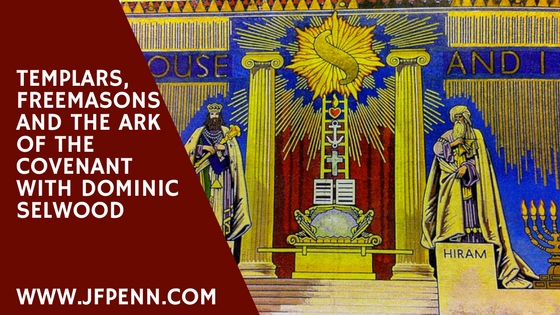 So it's especially cool to interview Dominic Selwood, historian, rock star (see below!) and author of The Sword of Moses, which is a fantastic fast-paced Biblical thriller backed by impeccable research.
So it's especially cool to interview Dominic Selwood, historian, rock star (see below!) and author of The Sword of Moses, which is a fantastic fast-paced Biblical thriller backed by impeccable research.
Tell us a bit more about you and your writing background
I grew up in Salisbury, a place which fired my imagination a lot. The austere windswept trilithons of Stonehenge intrigued me. The great seductive Gothic cathedral seemed like a time machine to another world of amazing creativity. And the vast green plain, with its ancient images carved into the hillsides, was endlessly romantic.
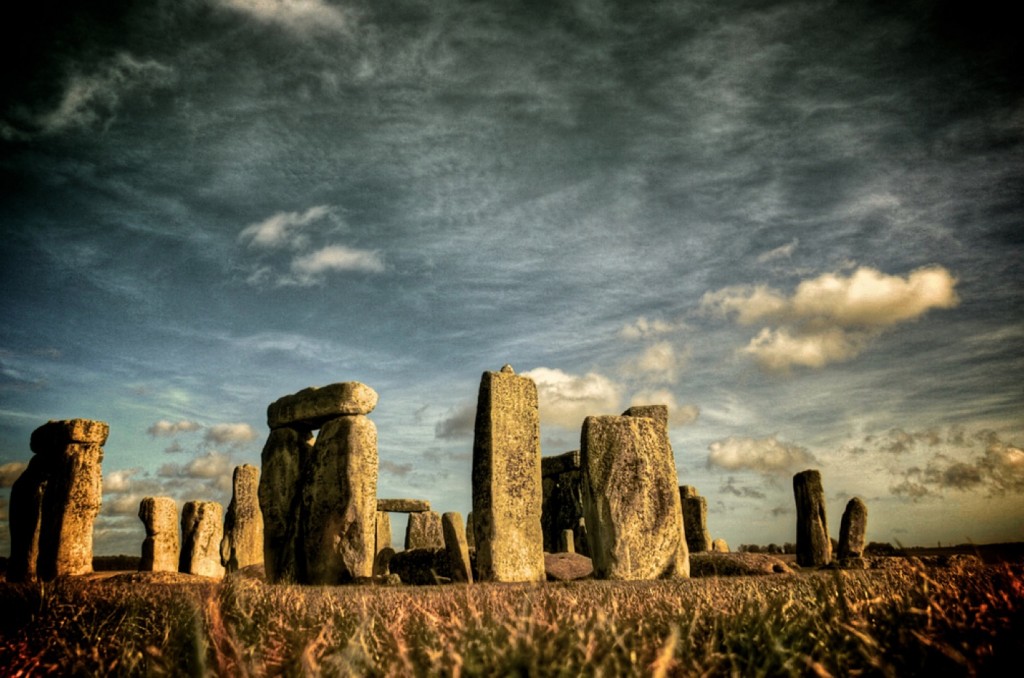
I also spent some years in Cyprus, which was a sleepy place back then. I was free to roam about the ancient temples and ruins with no tourists or fences. It was an amazing place for daydreaming. I went to boarding school in England, then university in Oxford, Paris, Poitiers, Wales, and London. I did my doctorate on the Knights Templar, the real medieval ones. In 1999 I published a textbook on the Templars called ‘Knights of the Cloister’. [Read more…] about Templars, Freemasons And The Ark Of The Covenant With Dominic Selwood

